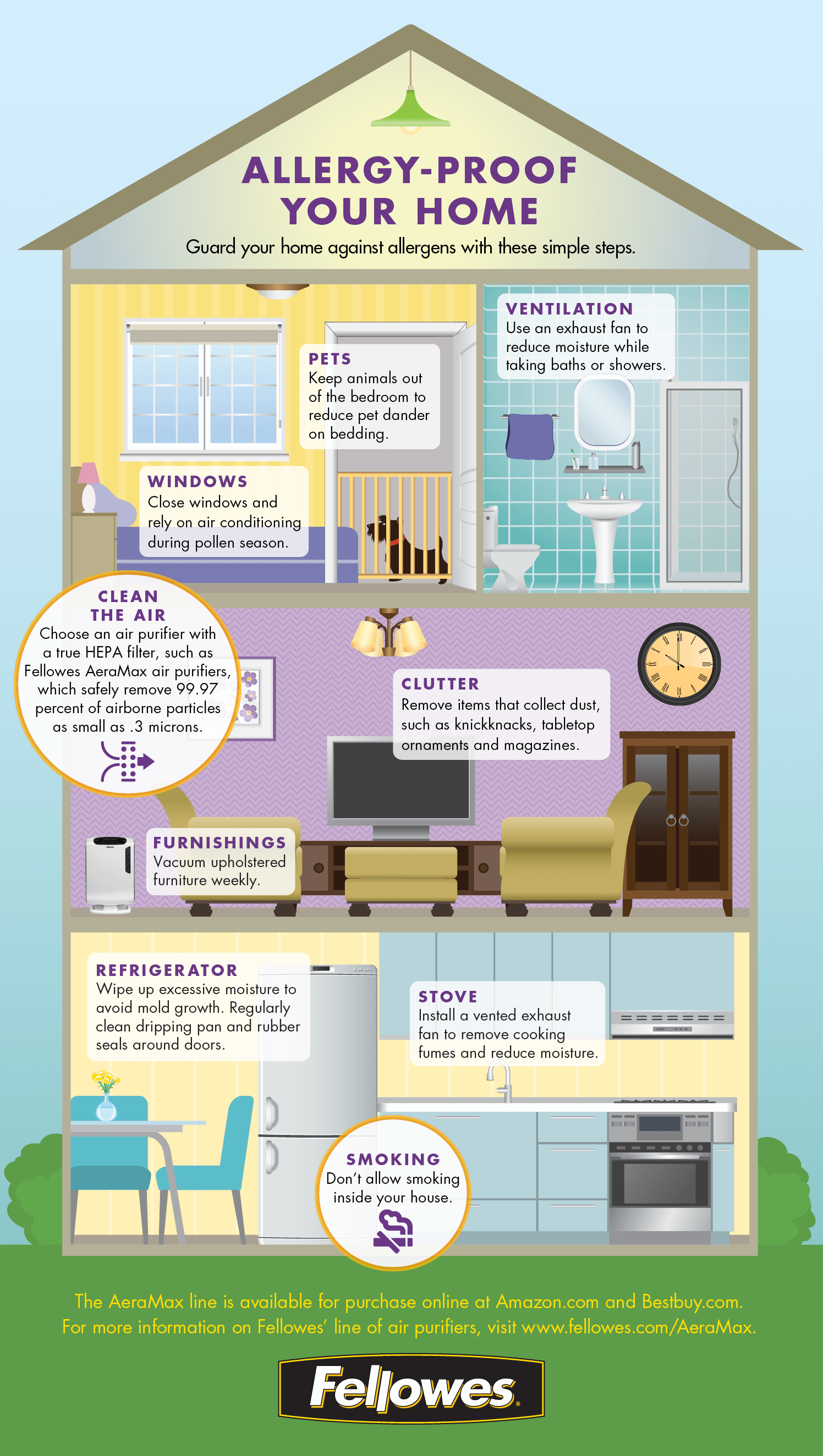How Climate Impacts Heat Pump Efficiency And What You Can Do Regarding It
How Climate Impacts Heat Pump Efficiency And What You Can Do Regarding It
Blog Article
Team Writer-Bengtson Munkholm
When it concerns your heatpump, climate plays an important function in its performance. From freezing temperature levels to sweltering heat, each element can influence exactly how effectively your system operates. Yet what can http://www.stroitelstvo.info/hvac-maintenance-questions-to-ask-service-providers/ do to deal with these weather-related challenges and ensure your heatpump is working at its best? Remain tuned to uncover practical suggestions and methods to optimize your heat pump's performance, despite the climate condition it faces.
Climate Factors Affecting Heatpump Effectiveness
Weather condition elements have a substantial impact on the performance of heat pumps. One crucial element is temperature level. Heatpump work by moving warmth from outside to within during winter months and vice versa in summertime. As temperatures decline, it ends up being harder for the heatpump to essence warmth from the outdoors air, minimizing its effectiveness.
An additional crucial element is moisture. High humidity levels can make it more challenging for the heat pump to launch heat throughout the cooling procedure.
In addition, wind speed contributes. Solid winds can dissipate the warm taken in or launched by the heat pump, impacting its overall efficiency.
Tips for Optimizing Heat Pump Performance
To boost the efficiency and long life of your heat pump, implementing a few essential techniques can make a considerable distinction in its efficiency.
Firstly, make sure regular upkeep by cleansing or replacing filters every 1-3 months to stop air movement clogs and make the most of air movement. Furthermore, timetable annual specialist examinations to spot and address any possible problems early on.
Optimum thermostat setups likewise play an important role. Throughout the wintertime, go for a temperature level setting that's as low as comfy, and throughout the summertime, established it as high as comfy to lower the work on your heatpump. Utilizing a programmable thermostat can help you instantly adjust settings based on your timetable.
In addition, securing leaks in ductwork and insulating air ducts in unconditioned areas can protect against power loss and improve general system effectiveness.
Finally, take into consideration setting up a clever thermostat that can discover your routines and change setups appropriately, more enhancing your heat pump's performance. By following these pointers, you can ensure your heat pump operates effectively and efficiently throughout the year.
Best Practices for Weatherproofing Your Heatpump
For optimal efficiency and performance of your heatpump, applying weatherproofing procedures is important. Begin by securing any kind of spaces or splits around doors, home windows, and ductwork to prevent warm loss and preserve a constant interior temperature.
Protect revealed pipelines and ducts to prevent freezing throughout winter and guarantee proper airflow. Consider mounting a protective cover over the exterior unit to protect it from severe weather condition aspects like snow, ice, and debris.
Consistently clean the outside device to remove dirt, leaves, and debris that can block air movement and decrease effectiveness. Additionally, keep the location around the heatpump free from snow, ice, and plants to enable correct air flow.
Final thought
Since you recognize how weather influences your heatpump performance, you can take positive steps to enhance its performance. By adhering to the pointers described in this write-up, such as regular upkeep, thermostat modifications, and weatherproofing steps, you can make sure that your heat pump runs at its finest no matter the climate condition. Stay ahead of the game and maintain your home comfortable all year round.
